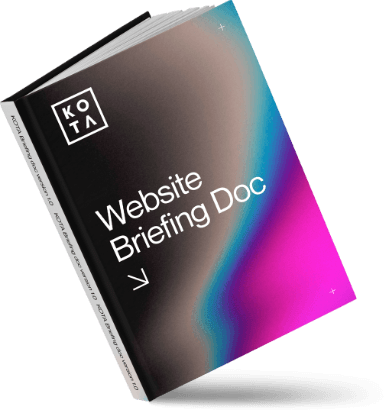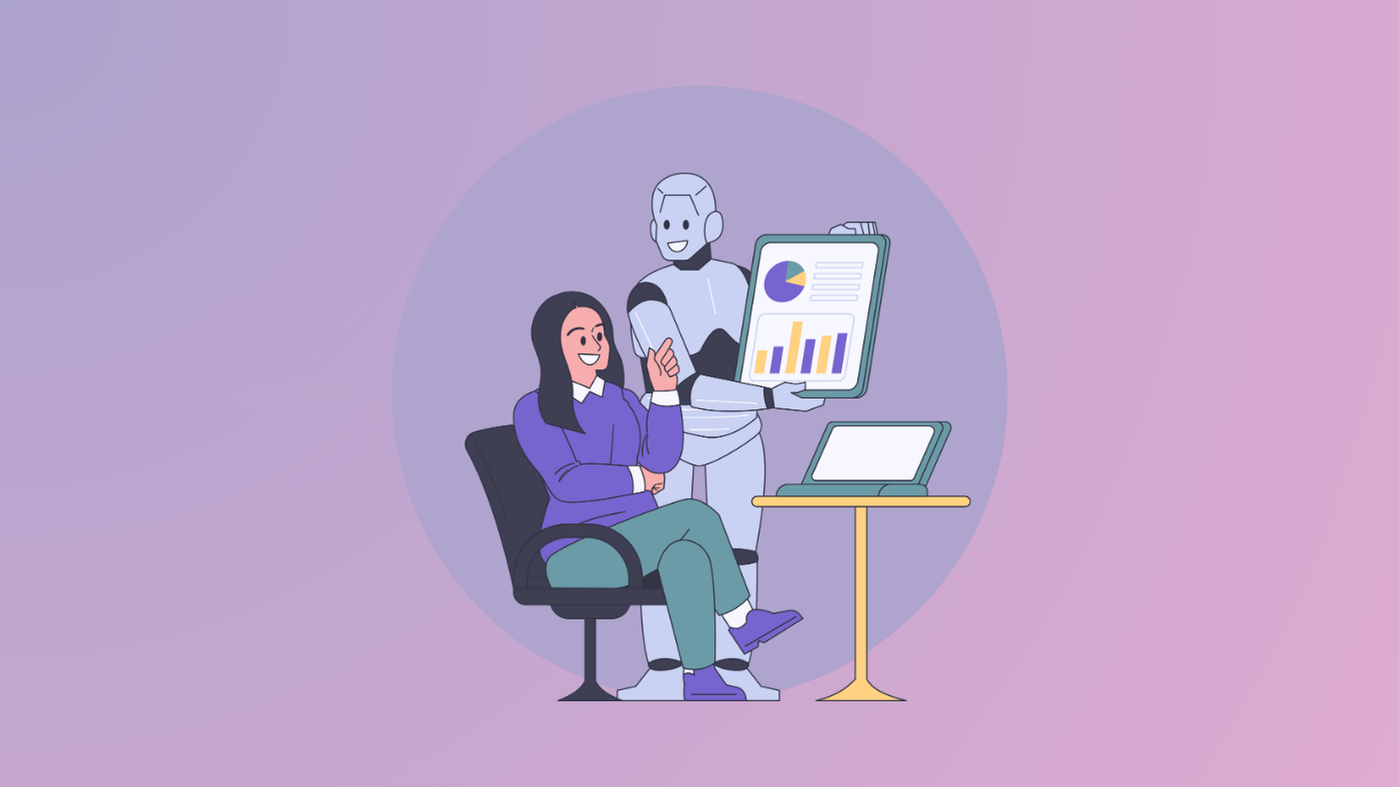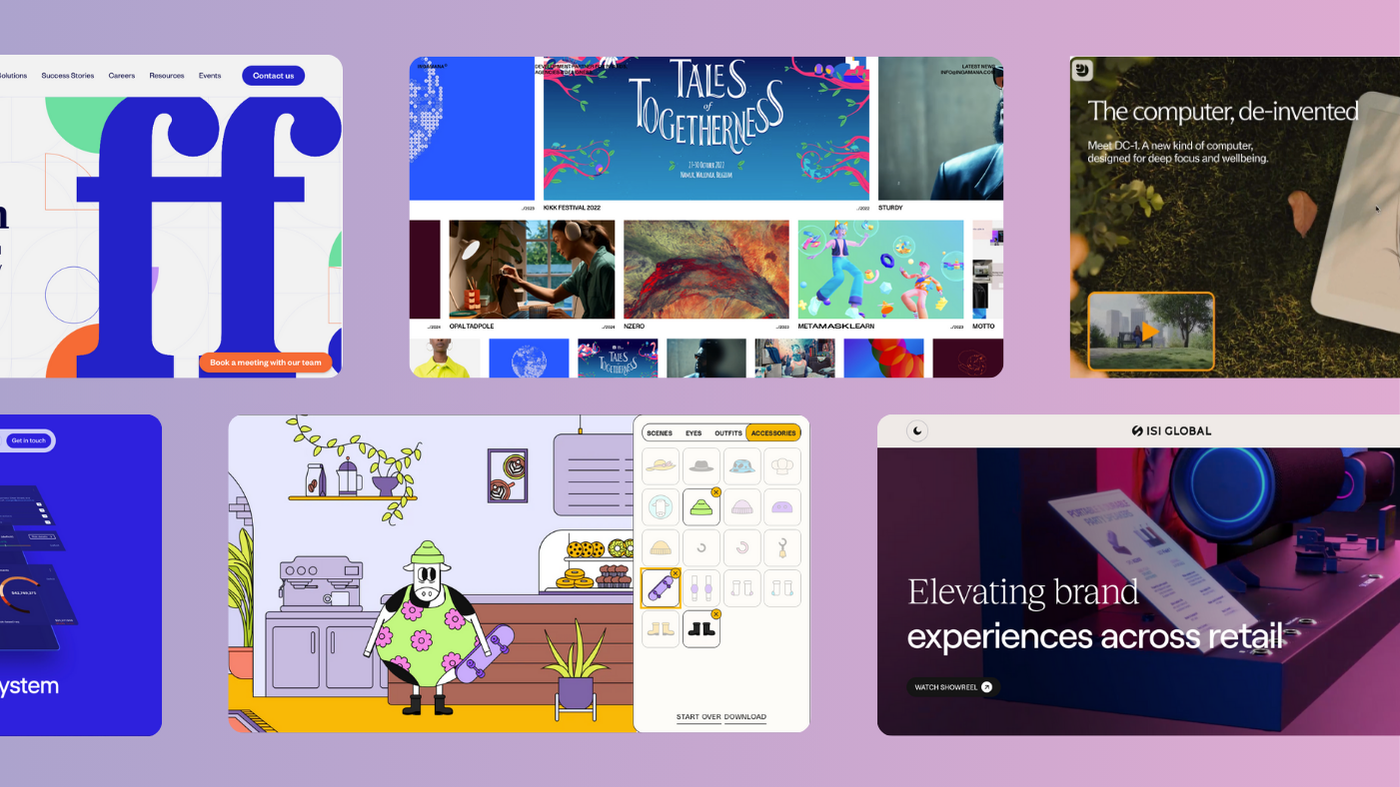AI search is here. Is your brand showing up?

July 14th 2025
By Emily

Yeah, I know. It feels like search is always changing. One minute we’re chasing Core Web Vitals, the next we’re optimising for E-E-A-T. And now? Now we’re trying to figure out how to make a chatbot say our name in the right context.
But this time, the shift feels deeper. Because AI-powered search—ChatGPT, Perplexity, Claude, Google’s AI Overviews—isn’t just adding a new layer to search. It’s often completely replacing how people discover, trust, and choose brands online.
And increasingly, the answer is the answer. No blue links. No second page. No click-through. AI is already having the conversation with your audience. If your brand’s not in it, you’re being left out.
The good news? There’s plenty you can do to change that.
Why AI search visibility actually matters
1. AI platforms rank answers differently
Unlike traditional SEO, AI doesn’t care (as much) about domain authority or exact-match keywords. It pulls information based on:
-
How often your brand is mentioned across credible third-party sites
-
Whether those mentions are positive and detailed
-
The format of the content (FAQs, reviews, roundups, listicles—these seem to perform incredibly well)
-
How well-structured and clear your content is for machines to parse
If you’re in “Top 10 X” or “Best [industry] services” articles, you’re in with a shot. If you’re not? It’s a tougher climb.
2. We’re already seeing stronger conversions from AI-led leads
At KOTA, we’re starting to see real results from ChatGPT visibility. Thanks to tracking tools in HubSpot, we know leads are coming from ChatGPT conversations—and those that are qualified? It’s remarkably high. Recently, 5 out of 11 leads from ChatGPT have turned into real opportunities. Thats about 45%.
Most of these contacts don’t need convincing. They’ve already read a summary, seen our name pop up across different sources, and arrive ready to talk. Several have gone straight to qualified opportunities.
It’s a reminder: AI search doesn’t just affect visibility—it filters for quality.
3. Traditional SEO is being de-prioritised
Google’s recent move towards “keywordless targeting” means it’s not just about what people type anymore. It’s about what you represent online. AI now scans for context, reputation, consistency, and topical depth. [Source]
And if that isn’t enough, a growing number of users never even reach your site. One study found AI answers could reduce click-throughs by as much as 70%. [Source]
So what actually influences AI visibility?
Here’s the emerging rulebook:
1. Generative Engine Optimisation (GEO)
As if we needed more reasons to forget keyword stuffing, GEO is now about being cited. Think stuff like:
-
Well-structured content that answers specific questions
-
Schema markup, FAQs, and Q&As formatted for machines
-
Content built to be pulled into a chatbot summary or overview
Google, ChatGPT, and others are all prioritising content they can easily re-use. Add clarity, add structure, add sources. [SEMrush]
2. Mentions in credible places
It’s not enough to talk about yourself. AI cares more about who else is talking about you:
-
Listicles and “best of” features
-
Product reviews (even brief ones)
-
Podcast transcripts and speaker credits
-
Thought leadership mentions on third-party blogs and social media
Ahrefs even found that unlinked brand mentions correlated more strongly with AI Overviews than backlinks did. [Ahrefs]
This means just being talked about widely across the web, whether linked or not, is more impactful than traditional link-building when it comes to AI visibility.
3. Branded search volume & anchor text
If people are Googling you by name, or if your name appears in descriptive anchor text, it strengthens the signal. AI engines see that as social proof, even if it’s subtle.
4. Content format & tone
AI prefers content that’s:
-
Semantically rich (covers related questions and keywords naturally)
-
Expert-led (with quotes, stats, or author bios)
-
Conversational, clear, and built for citation. [SEMrush]
Basically: if your content reads like a helpful answer, AI will treat it as one.
What you can do to appear in AI searches
1. Check if your brand is already appearing
Start simple: open ChatGPT or Perplexity and ask a question you’d want to rank for.
Are you mentioned? If so, how are you described?If not—who is, and what are they doing differently?
Tools like Semrush’s AI Toolkit, Ahrefs Brand Radar, and Superlines can help monitor this at scale.
2. Get mentioned more
-
Pitch yourself for roundup articles or listicles
-
Share expert quotes or stats with journalists (Help a Reporter, Qwoted, etc.)
-
Repurpose podcast appearances and webinars into written formats
-
Contribute guest content or commentary on niche blogs
3. Optimise for AI—not just Google
-
Add schema markup to FAQs and service pages
-
Use headers that mirror search queries
-
Include quotes, data points, and citations in every post
-
Keep content fresh, clear, and machine-readable
4. Watch your brand reputation
-
Set up alerts for new mentions (positive and negative)
-
Use tools like Brandwatch or Superlines to monitor sentiment
-
Correct errors quickly—AI will surface outdated or incorrect info if left unaddressed
Final word
Yep, things are changing again. And yeah, it’s frustrating. But ignoring AI-led search isn’t really an option anymore.
You need to make sure your brand is present and trusted in the spaces where people are now finding answers.
Whether it’s ChatGPT recommending tools, Google summarising service options, or Perplexity explaining your category, you need to be in the conversation.
That means building visibility across content, media, and mentions. Structuring things so machines (and people) understand you. And consistently showing up in ways that reinforce trust.

Start crafting better briefs
Dodge miscommunication headaches, scope creep, expectation misalignment, and brand inconsistency.
Download your free brief templateRelated Articles
Related Projects
Interested in working with KOTA?
Drop us a line at
hello@kota.co.uk
We are a Creative Digital Agency based in Clerkenwell London, specialising in Creative Web Design, Web Development, Branding and Digital Marketing.




